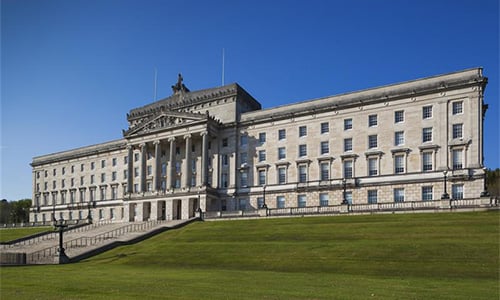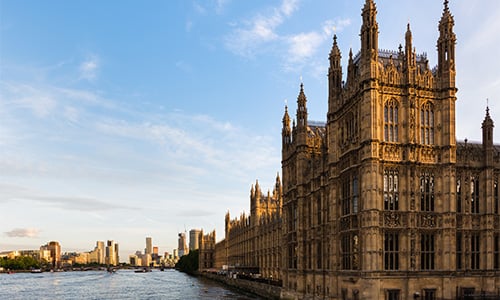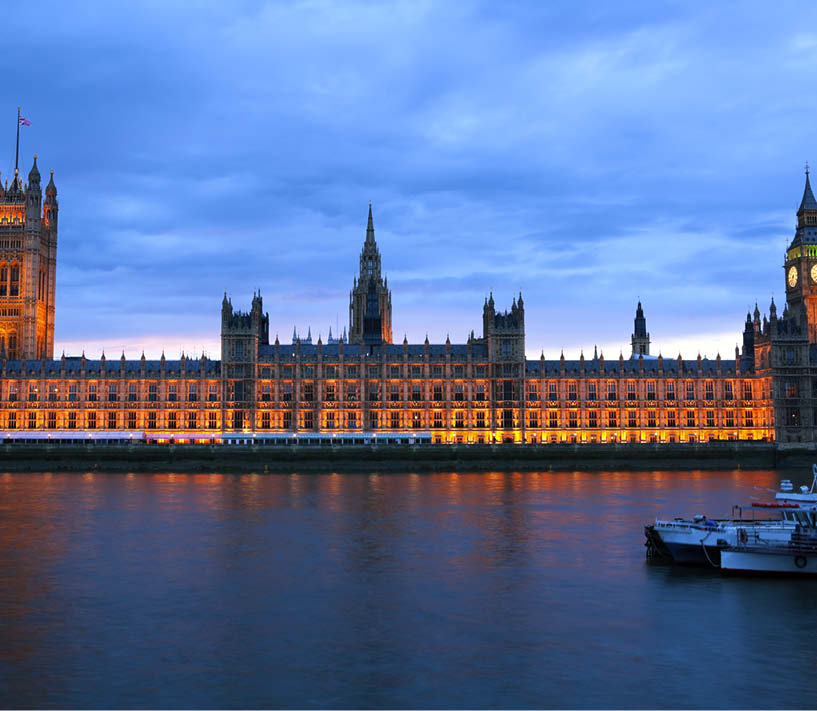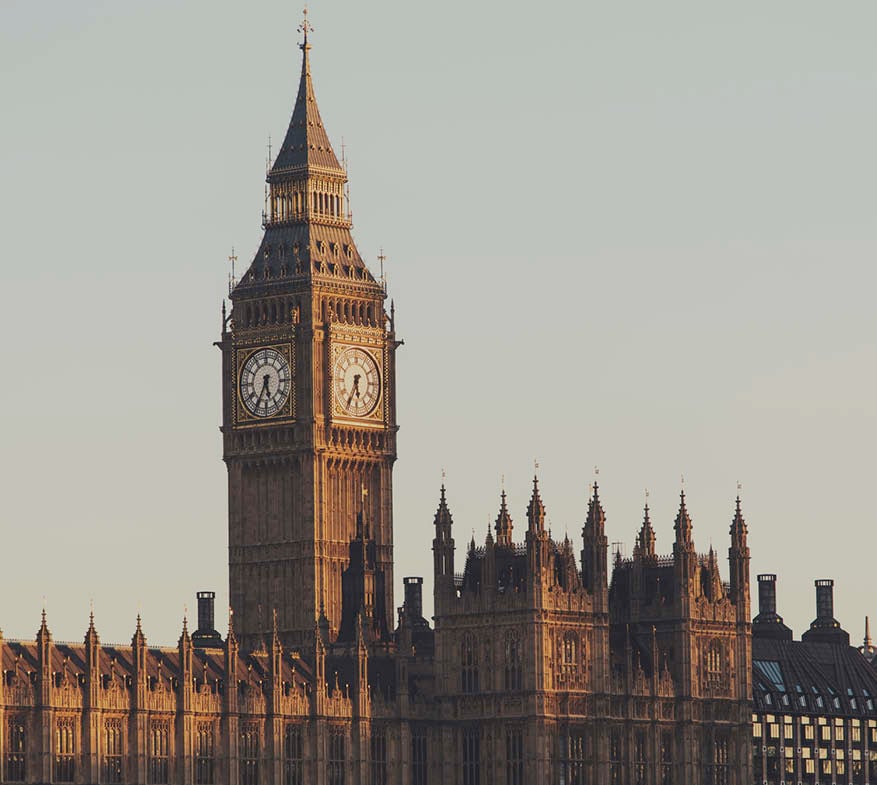Against the backdrop of slow growth and productivity, Chancellor Rachel Reeve talked up investment and stability in the public finances, but delivered a budget headlined by tax increases.
After the hiccup of the Office for Budget Responsibility’s forecasts leaking early, Reeves faced a balancing act between economic credibility and shifting the political narrative back to optimism.
Over the coming days, attention will turn to whether she succeeded. For businesses, the essential question remains: what does this mean for investment decisions, hiring plans and future strategy?
Our Budget Hub brings together expert analysis, commentary and resources to deliver timely, actionable insights to help you understand the impact on your business and the wider economy.













